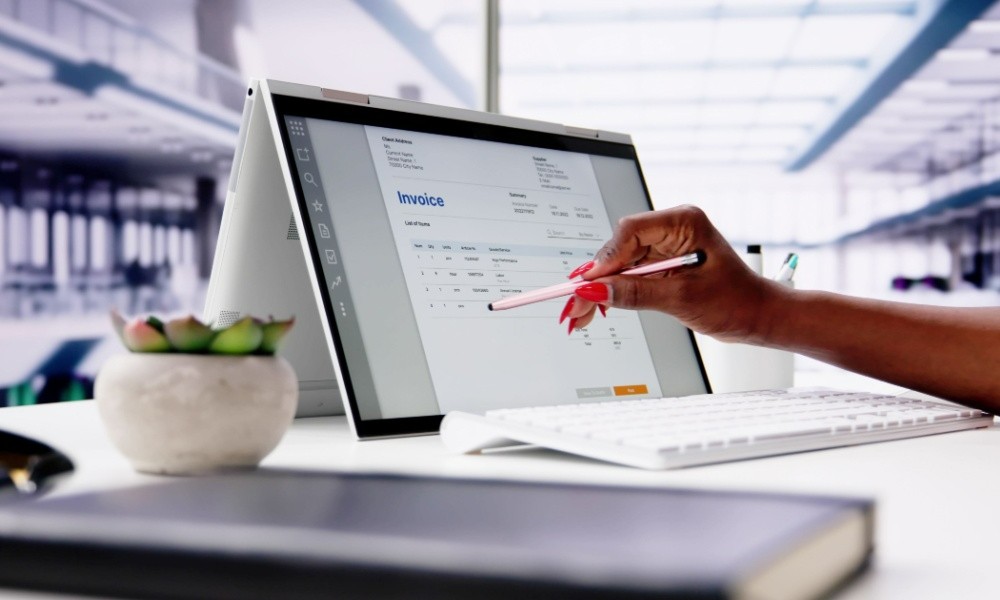With the UK government looking for ways to reduce tax fraud and increase tax collection, it is encouraging businesses to use electronic invoicing – also known as e-invoicing.
This is a digital format of creating, sending, receiving, and processing invoices, containing the same information as a traditional invoice, but with the potential to prevent invoice fraud.
Over half of Organisation for Economic Co-operation and Development (OECD) countries mandate e-invoicing, but the UK is lagging by still allowing paper invoices.
Though details are currently scarce, the government intends to carry out a consultation into mandating e-invoicing, which could be incorporated into the Making Tax Digital rollout.
A decision on compulsory e-invoicing may be a while away, but in the meantime, business owners in the UK might want to get ahead and implement this voluntarily – read on to learn why.
What are the benefits of e-invoicing?
If you operate internationally or plan to expand beyond the UK, it’s likely that your business needs to use e-invoicing anyway. Even if you don’t, there are still many benefits to adopting a digital invoicing system before it becomes mandatory, which include the following:
- Faster processing of invoices with fewer errors thanks to a standardised format
- Real-time tracking to reduce the number of invoice disputes and rejections
- Avoiding duplicate invoices and preventing fraud through interception or amendment
- Improved cashflow forecasting with better management of capital requirements
- Taking advantage of prompt payment discounts due to faster payment of invoices
The speed and reliability of digital invoice processing can also strengthen relationships between buyers and suppliers, leading to higher customer satisfaction and retention.
Should your business implement e-invoicing?
If you work in the realm of B2B e-commerce, it’s never too early to get on board with e-invoicing.
In other countries that have mandated e-invoicing, the process of implementation typically involves a phased rollout over at least 3 years, with larger businesses complying first.
This is similar to the ongoing Making Tax Digital strategy in the UK, which is staggering sign-ups for different business sizes over several years to ease the transition.
It could take a couple of years or more for the government to conclude their consultation and put a plan in place for obligatory e-invoicing in the UK. However, instead of waiting until they have no choice in the matter, businesses should start preparing sooner rather than later.
Most businesses may not have the resources or budget to develop an e-invoicing solution of their own, but there are plenty of e-invoicing service providers available to choose from.
It’s important to choose the right provider that can fully meet your business needs both currently and in the future. If you need help with selecting or implementing digital invoicing for your business, you can always seek assistance from financial advisers, like the gbac team.
Give us a call on 01226 298 298 or send an email to info@gbac.co.uk and you’ll hear back from one of our accountants in Barnsley as soon as possible.
